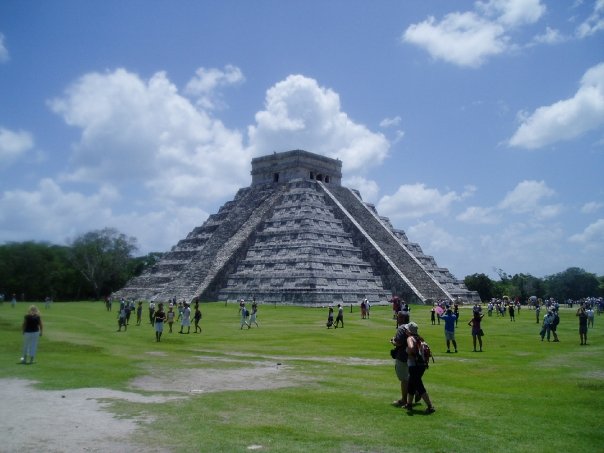A while ago, I posted about the Hierarchy of Social Estates and how they work on a societal scale. They can also be used with subcultures, small groups and organizations like clubs, and even businesses. In order to do so, first you have to have a foundation for status in the group.
The most obvious way to increase one’s status in a group of wizards is mastery of magic. This could be as simple as being able to cast the most powerful spell or spells to a complex test of arcane knowledge, power, and control. If there are formal levels for spells, those who master higher level spells will generally have a higher status than those who have not.
Learning a specific type of magic may also contribute to status. For example, in Pathfinder and Dungeons and Dragons, sorcerers generally do not have as much prestige as wizards do, even though they may be able to cast the same spells. Clerics will have higher status than druids in some cultures, but the roles may be reversed or seen as equals in others. Practitioners of particular schools may have more or less status than practitioners of others.
Another possibility is where one is learning their magic and/or from whom. A student of a particular master may make a student an instant success or an instant pariah, depending on the status of the teacher. This would be the difference between a doctor who graduated from Harvard medical school and a doctor who graduated from the University of Chicago medical school. They’re great schools, but most will give someone more status who graduated from one school than the other.
Once you’ve determined the foundations of status, you should decide on the relative importance of each. While achievement might seem to be the most obviously important, this very likely isn’t the case. If a particular type of magic is illegal, even masters will likely have low status compared to apprentices of favored types. For example, in Myos, necromancy is illegal while the most popular church teaches vitancy. Imagine the difference in status between someone who can heal your cuts and bruises and someone who can summon and control vampires. Who would you rather be friends with?
You are now ready to start assigning levels within the Hierarchy. There are a few guidelines you should consider.
First, the Ruling Agent or Ruling Class should only be populated if there is a formal group within the Mystic World that would take on this role. This could be some sort of council, guild master, head master, or even the monarch. If there isn’t anyone in the sub-culture who has the authority to pass and enforce rules on the rest of the group, there will be no Ruling Agent or Class.
The Privileged Class within the Mystic World will be those who have high status from all of the relevant foundations. As you go down the ranks of privilege, members of the class will have fewer high status ranks. In a society that prizes defensive magic, master abjurers may reach the pinnacle of society, while master healers can only get so far up the chain.
The High Class will typically still be masters of types of magic that don’t have as high of standing, but aren’t illegal. The lower echelons of the high class may include those who aren’t quite masters of the favored types of magic and masters of magic considered uncouth or somehow lower.
The Middle Class will usually include the widest range of status in these subcultures. Adepts, journeymen, and general practitioners who make a living with their magic will all fall into this level.
The Lower Class will include all of the apprentices, but will likely include higher levels of pariah casters. There may even masters of forbidden arts. This will also include failed casters, magical servants, and the like.
The Underclass will include apprentices in forbidden arts, hangers on, and magical convicts. Enslaved creatures, such as summons, would fall into this category as well.
Next week, I’ll be talking about my writing and schedules going forward.


I always enjoy reading your writings! Please, keep up the good work!